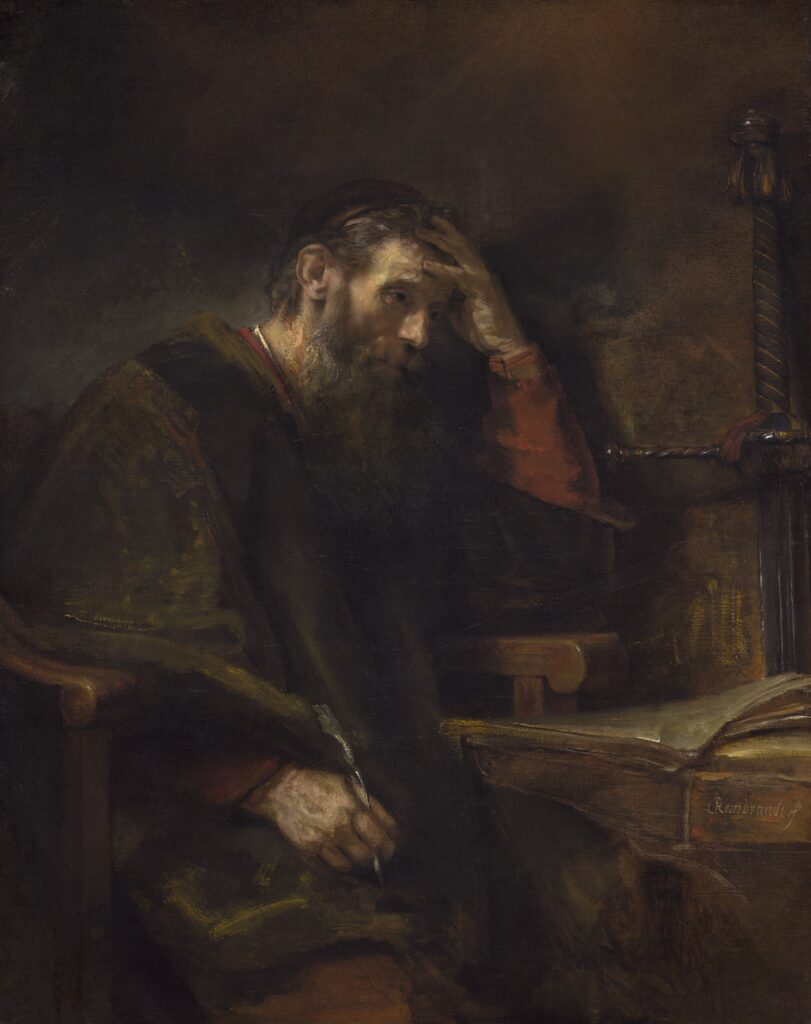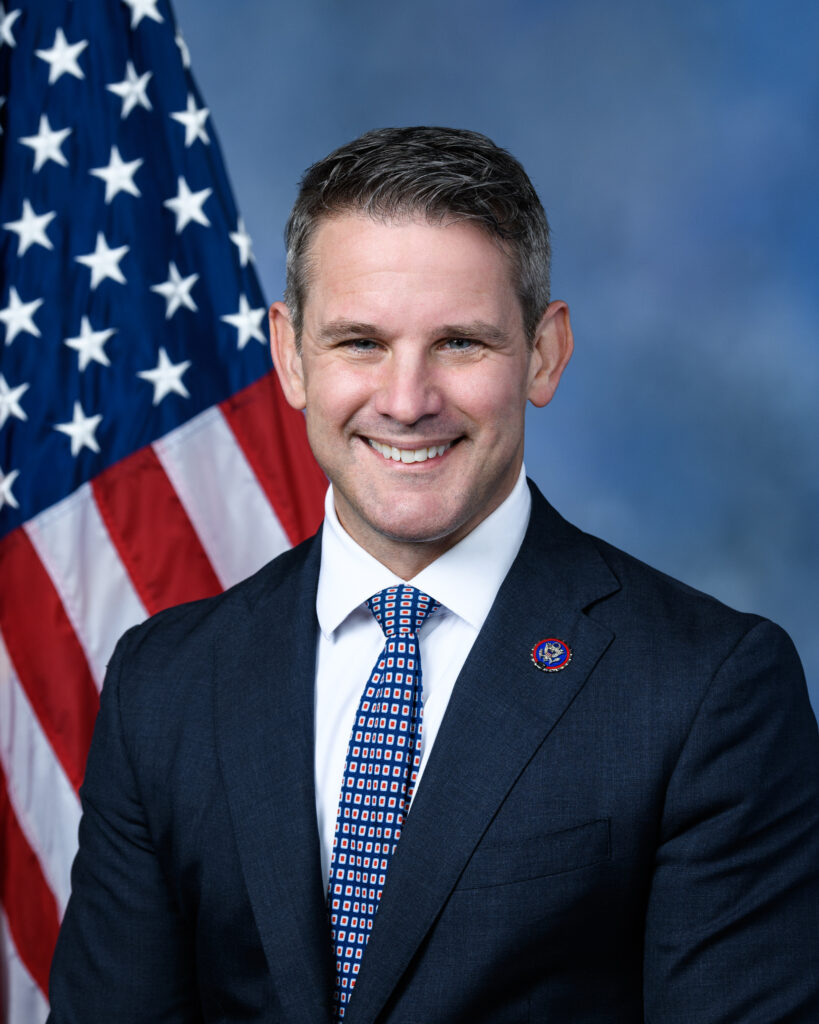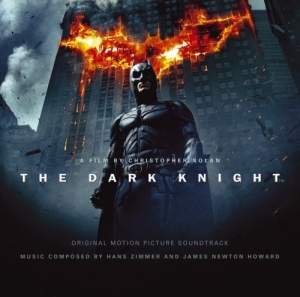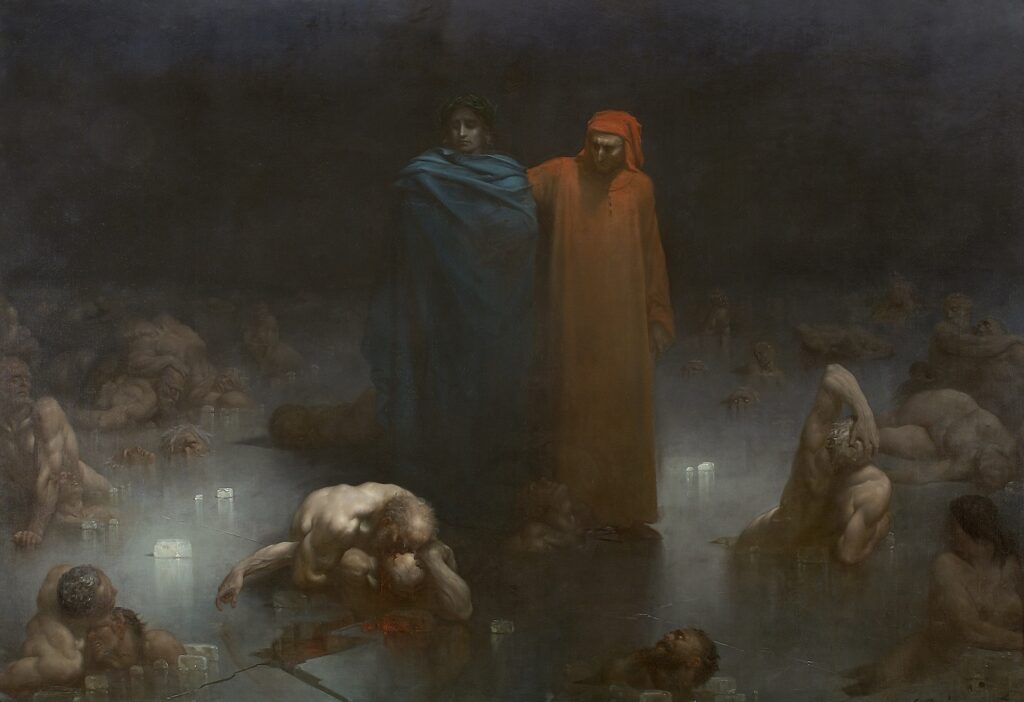Letter to the Editor, Bell Curve Reverberations
Sir,
I write in response to the review of Charles Murray’s Two Truths about Race, published in the TLS on August 6. The reviewer, Patricia J Williams, is a lawyer and a supporter of Critical Race Theory. She is the author of Giving A Damn: Racism, Romance, and Gone with the Wind. Eminently qualified, then, to address the history of eugenics, social Darwinism and race differences in IQ!
According to Professor Williams, Stephen Jay Gould’s The Mismeasure of Man is “the most well-known refutation” of Murray and Herrnstein’s The Bell Curve: Intelligence and Class Structure in American Life. But how can a book, to wit, The Mismeasure of Man, first published in 1981, be a refutation of a book, The Bell Curve, that was only published in 1994?*
When is IQ evidence acceptable, when not? Williams celebrates the “Flynn effect”, which is supposedly reducing racial gaps in IQ. But she also contends that IQ tests are “culturally specific”, i.e. when they inconveniently reveal ongoing race differences in cognitive ability.
As an exponent of Critical Race Theory (CRT), Professor Williams considers the US a bastion of white supremacy and “a majority white nation in which most crimes are committed by whites”. Your indomitable columnist Ilana Mercer is correct. CRT equals anti-white racism.
Ritortus
*Editorial note; in ‘Curveball’, New Yorker, November 1994, Gould retrospectively reviewed The Bell Curve.


















